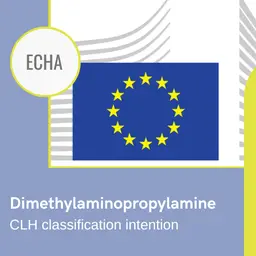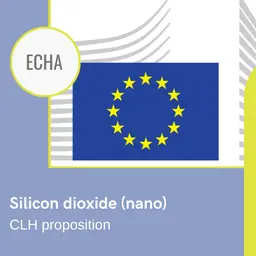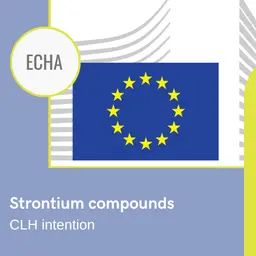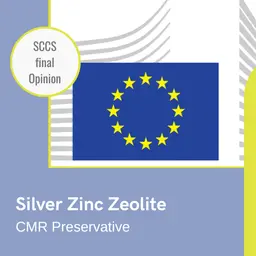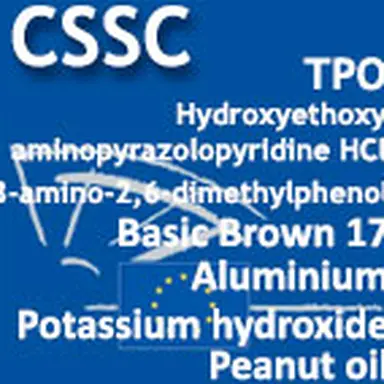
SCCS had adopted 8 Opinions during its plenary meeting on 27 March 2014. On the agenda: TPO, hair dyes, aluminium, callosity remover, peanut oil and addendum to the notes of guidance for the safety evaluation of cosmetic ingredients. These Opinions are open for comments until 26 May 2014.
Trimethylbenzoyl diphenylphosphine oxide (TPO)
TrimethylbenzoyI diphenylphosphine oxide (TPO) – CAS: 75980-60-8 – is used in limited concentration for nail modelling products. This ingredient is not regulated under Cosmetic Regulation 1223/2009.
See the article SCCS: 6 requests for scientific Opinions (December 17, 2013) for exhaustive background information.
Opinion
The SCCS is of the opinion that Trimethylbenzoyl diphenylphosphine oxide (TPO) is safe when used as a nail modelling product at a concentration of at maximum 5.0%.
However, TPO is considered a moderate skin sensitizer.
Other potential uses of Trimethylbenzoyl diphenylphosphine oxide in cosmetic products cannot be evaluated without further documentation.
Hydroxyethoxy aminopyrazolopyridine HCl
Submission l for the new hair dye substance Hydroxyethoxy aminopyrazolopyridine HCl (CAS: 1079221-49-0) A161, used in hair dye formulations, was received in August 2013 from Cosmetic Europe.
See the article SCCS: 6 requests for scientific Opinions (December 17, 2013) for exhaustive background information.
Opinion
The SCCS is of the opinion that, apart from its sensitizing potential, Hydroxyethoxy aminopyrazolopyridine HCl is safe for use in oxidative hair dye formulations with a concentration on-head of maximum 2.0%.
Hydroxyethoxyamino pyrazolopyridine HCl is a strong sensitizer.
• See the full text …





